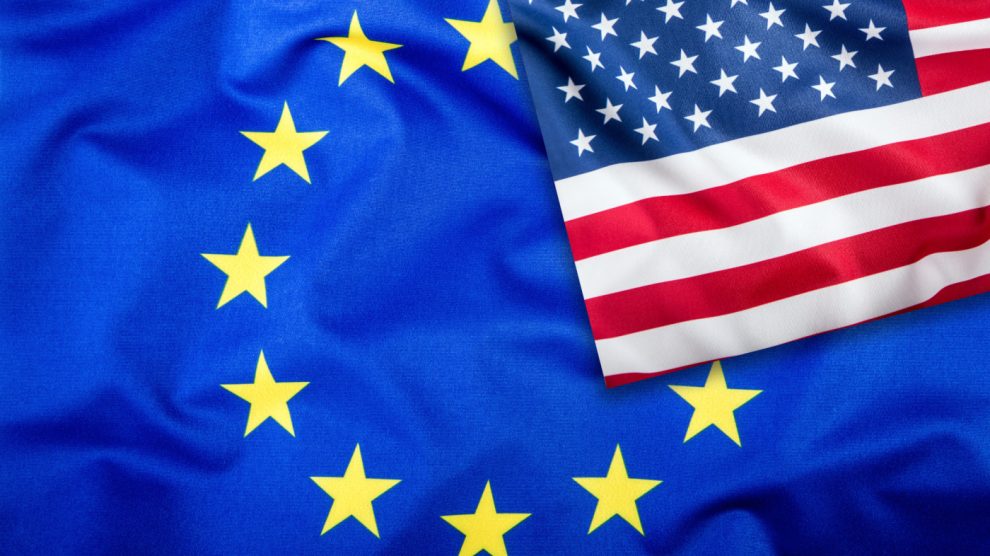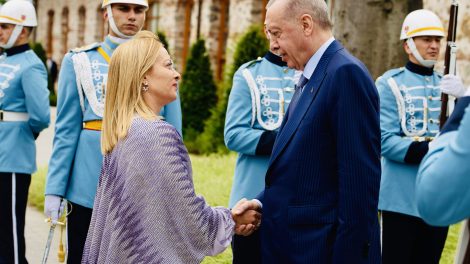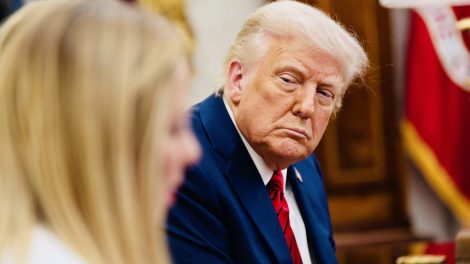French pride and grievances. On Monday, Bruno Le Maire, the French Finance minister, urged the European Union to jointly oppose the United States. The point of contention is Washington’s push to subsidise its green tech industry – making the European competitors less competitive in the process.
- A transatlantic spat ensued when US President Joe Biden passed the Inflation Reduction Act, a massive tax, climate and health care package which some European leaders say is protectionist and violates the World Trade Organisation’s terms.
- Mr Le Maire criticised the US’ trade practices, claiming the French industry is “suffering from a competitiveness deficit linked to the differences in energy prices” between the EU and the US. He added that Chinese competition and the US’s IRA would likely widen the gap.
- He is now calling for the EU to issue a firm and coordinated response. As Politico’s noted: “France isn’t letting up on the perceived unfair competition from the US. Interesting that French officials keep mentioning America and China in the same breath as economic competitors to Europe – not what DC likes to see, I suspect”.
German mercantilism. In early November, German Chancellor Olaf Scholz travelled to China accompanied by a business delegation. He was the first Western head of government to personally visit President Xi Jinping after the 20th Party Congress, which cemented his grip on power.
- The trip had been controversial in Germany and elsewhere, partly because of Mr Xi’s authoritarian style of governance at home, his alliance with Russia and his increasingly uncompromising line on foreign and security policy.
- It was the latest sign of Berlin’s perceived appeasement vis a vis Beijing, along with the latter acquiring a stake in a key German shipping hub and a longstanding collaboration between the German and Chinese car industries as they pivot towards the electric vehicle.
- “On Russia and China, [Mr] Scholz prefers to act alone”, argued Sławomir Dębski, director of the Polish Institute of International Affairs. “It is apparent that he represented there only the interests of Germany. He was not even interested in showing up in tandem with France.”
Two argue and a third wins? Berlin and Paris going in different directions opens up a window for Giorgia Meloni’s government in informing – and shaping – the EU’s approach. Especially as Washington could rely on an interlocutor, who isn’t bent on aggressive competition nor has close trade ties with China.
- Rome can take advantage of the moment to put itself forward as a political leader in the European fray, continuing in the Draghi government’s wake of international relevancy.
- As economist Carlo Pelanda told our sister website Formiche.net, Italy could, for instance, push the Union to sign an economic treaty with the US – which would somehow compensate for the protectionist approach taken by Washington with the IRA.
Meloni’s challenges. Though she has repeatedly reiterated her Euro-Atlanticist faith, and her willingness to play as a protagonist within the EU and strengthen ties with the US, the leader of the governing coalition would have to work with a “Euro-realist” approach instead of reverting to inane nationalisms.
- The signs, for now, are quite promising, after meetings between the PM and the top leaders of European institutions, where she presented herself as a reliable and serious counterpart (as did Economic Mister Giancarlo Giorgetti on Monday).
- However, she’s also a rightful member of the international nationalist-conservative front, and her positions might prove harder to reconcile with member States in the long run – same as her allies’ pro-Putin leanings and Washington.





